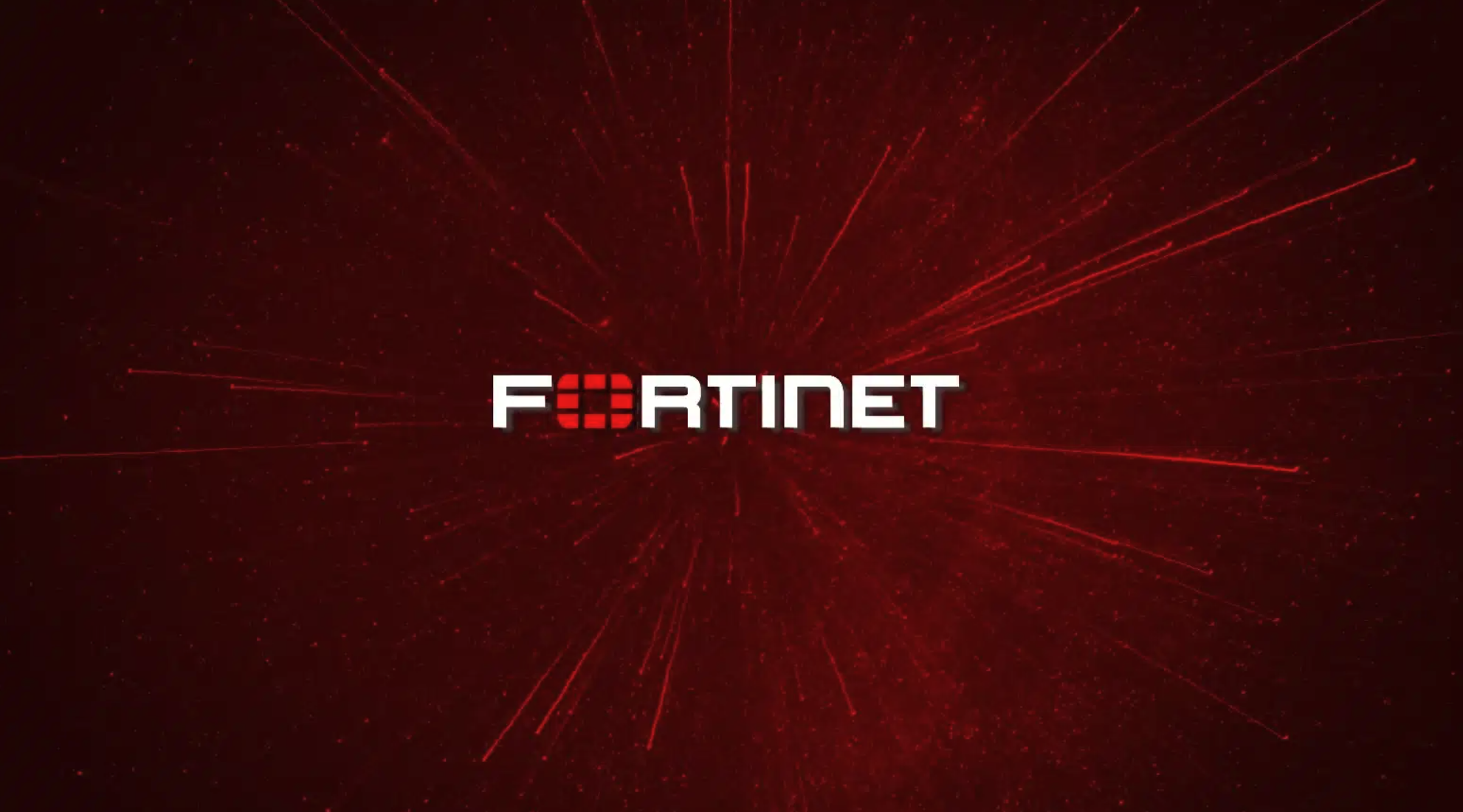A threat actor claims that a previously unknown vulnerability commonly referred to as a zero-day affecting Fortinet’s FortiGate firewalls is being sold on the dark web. This development poses a potentially serious risk to enterprises relying on Fortinet for perimeter defense.
Overview of the Threat
-
A user operating under the alias “Racoon Hacker” has advertised what they claim is a zero-day remote code execution (RCE) exploit impacting FortiGate devices running FortiOS versions 7.2.0 through 7.4.2. According to the threat actor, the exploit enables unauthenticated, remote access with full root privileges.
-
The exploit is being offered for $10,000 USD in cryptocurrency—a low price given the potential impact, suggesting either an effort to disseminate quickly or a question of credibility. However, the forum on which the exploit was posted has a reputation for hosting legitimate threat actor activity, prompting serious concern within the cybersecurity community.
Fortinet as a High-Value Target
-
FortiGate appliances are widely used in enterprise networks to provide firewall, VPN, and security services. Their deployment at the network edge makes them attractive targets for both criminal threat actors and nation-state groups. A successful compromise of these devices could provide direct access to internal systems, allowing lateral movement, data exfiltration, or command and control activities.
-
This is not the first time Fortinet devices have been in the spotlight. Past vulnerabilities, such as CVE-2022-40684 and CVE-2023-27997, have been actively exploited, often before patches were widely applied. The continued targeting of Fortinet solutions highlights the need for rigorous vulnerability management and network segmentation.
Recommended Actions for Enterprises
While the exploit has not yet been independently confirmed or released publicly, organizations should take a proactive stance:
-
Restrict Exposure: Limit external access to FortiGate management interfaces using IP allowlisting or VPN gateways.
-
Review and Patch FortiOS: Ensure all FortiGate devices are running the most current version of FortiOS. While the exploit reportedly affects versions up to 7.4.2, staying current is critical to mitigate both known and emerging vulnerabilities.
-
Enable Multi-Factor Authentication: Implement MFA on all administrative interfaces to reduce the risk of unauthorized access.
-
Monitor Logs and Network Activity: Closely inspect FortiGate logs and network traffic for anomalies, particularly those involving remote access attempts.
-
Segment Critical Assets: Reduce lateral movement risk by segmenting high-value systems and applying strict access controls.
Vendor Response
-
As of the time of writing, Fortinet has not released an official statement regarding this alleged zero-day vulnerability. Organizations are encouraged to monitor Fortinet’s security advisories and threat intelligence channels for updates.
While it remains to be seen whether the Fortinet zero-day exploit being advertised is authentic, the potential risk warrants immediate attention from security teams. In today’s threat landscape, early awareness and swift action can make the difference between a thwarted attempt and a serious breach.

